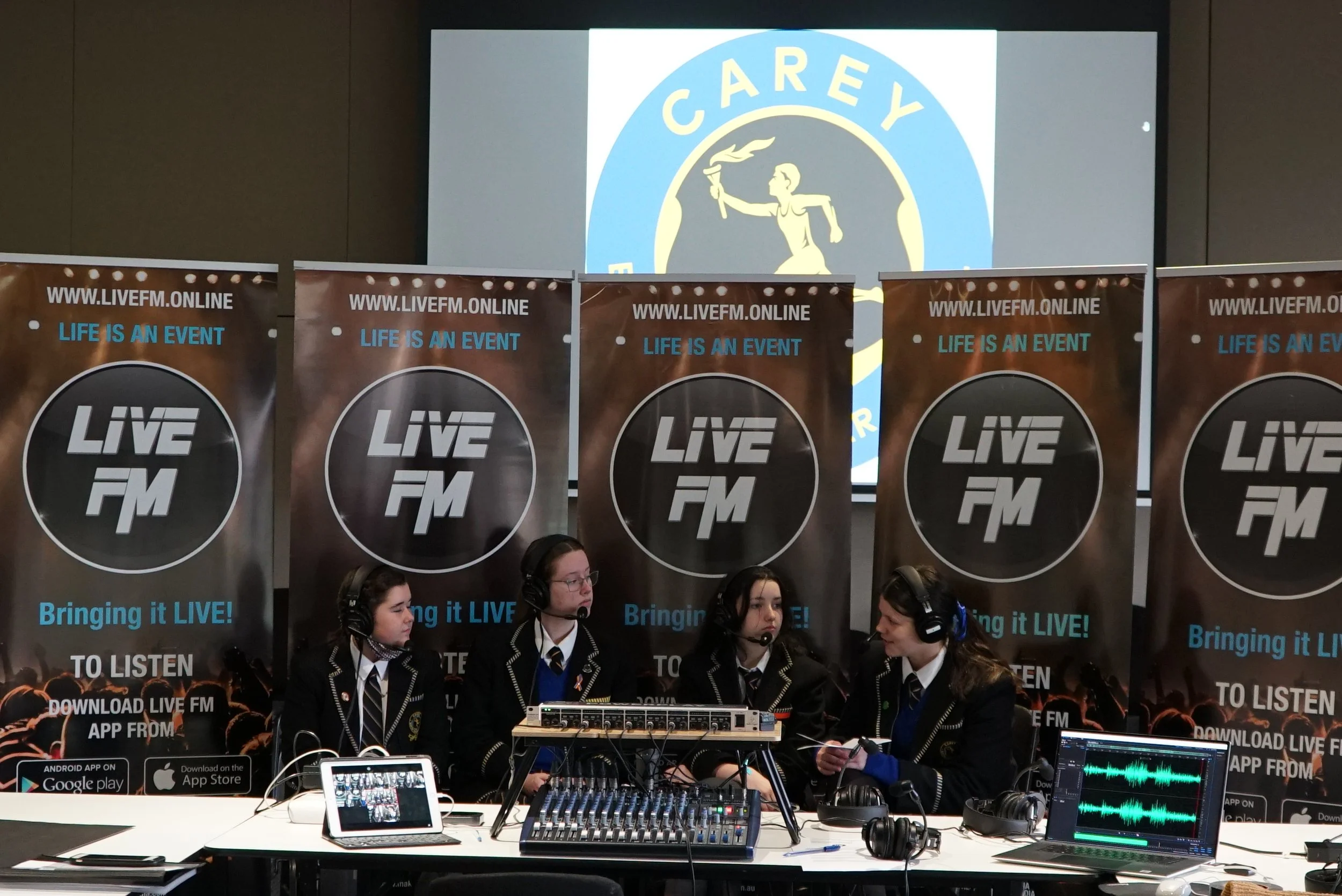In the diverse landscape of educational technology, podcasting has carved out a unique and potent role, especially in the realm of language literacy. This digital medium not only engages students with contemporary forms of media but also enhances their listening, speaking, reading, and writing skills in an integrated, meaningful context. Let's explore how guiding students through the creation, production, presentation, and promotion of their own podcasts can be an effective strategy in building language literacy and why this innovative approach resonates so well with today’s learners.
Production: Enhancing Research and Writing Skills
The initial phase of podcasting involves topic selection and scriptwriting, which inherently requires thorough research and the organization of ideas into a coherent narrative. This process sharpens students' research skills, prompting them to read extensively as they gather information on their chosen subjects. Moreover, scripting for podcasts refines writing skills, as students learn to craft their narratives in a way that is engaging and accessible to listeners. This task demands a clear, concise use of language and a deep understanding of the topic at hand, thereby enhancing vocabulary and encouraging precision in language use.
Producing: Cultivating Technical and Articulation Skills
Producing a podcast introduces students to the technical aspects of recording and editing audio, which, while not directly language-based, requires careful consideration of how language is used and presented. Students learn to articulate their ideas clearly and modulate their voices effectively, skills that are essential for effective communication. The editing process also plays a crucial role in language literacy, as students listen critically to their recordings, identifying areas for improvement in pronunciation, pacing, and expression, thereby gaining a deeper awareness of the auditory aspects of language.
Presenting: Developing Public Speaking and Listening Skills
Presenting a podcast, whether in a live setting or as a recorded session, is a powerful way for students to build confidence in public speaking. This stage of the process encourages students to practice speaking clearly and expressively, skills that are transferable to any academic or professional context. Additionally, listening to peers’ podcasts fosters active listening skills, as students engage with content from a listener’s perspective, analyzing and appreciating the use of language in various contexts.
Promoting: Expanding Language Use Through Marketing
Promoting their podcast provides students with a real-world context to apply their language skills. Writing promotional materials, such as social media posts or community flyers, requires students to be concise, persuasive, and creative with their language use. This aspect of podcasting teaches students to consider their audience and purpose when communicating, further refining their language literacy in both written and spoken forms.
The Broader Impact of Podcasting on Language Literacy
Podcasting as an educational tool offers a holistic approach to language literacy, integrating reading, writing, listening, and speaking in a single, engaging project. It provides a platform for students to express themselves, explore topics of interest, and connect with a wider audience, all while developing critical language skills. The process of creating a podcast—from research and scripting to recording, editing, and promoting—enables students to practice and refine their language use in various contexts, fostering a deeper appreciation for the power of effective communication.
Conclusion
Incorporating podcasting into the curriculum is a dynamic and innovative way to enhance language literacy among students. By guiding them through the process of creating their own podcasts, educators can help students develop essential skills in research, writing, speaking, and listening, all within a meaningful and contemporary context. Podcasting not only makes language learning more engaging and relevant but also equips students with the communication skills they need to succeed in an increasingly digital world. Let’s embrace the potential of podcasting to inspire a new generation of articulate, thoughtful, and literate individuals, ready to express themselves and engage with the global community.
Ralph Barba
LIVE FM Executive Producer & former teacher
For more information email:
